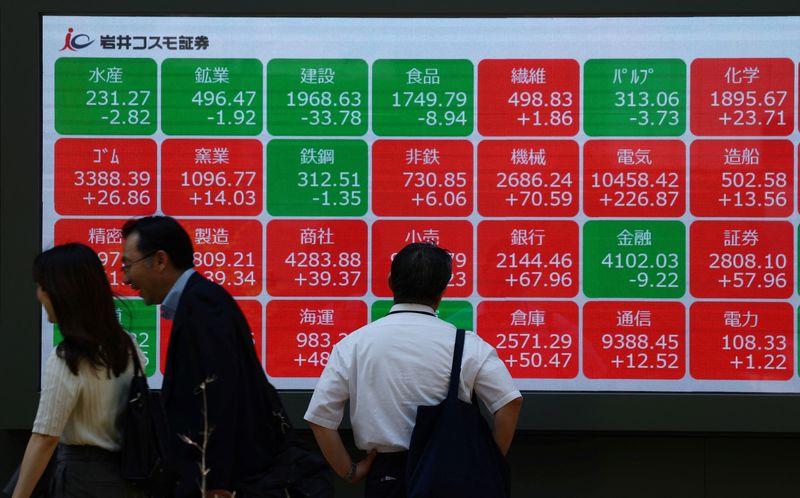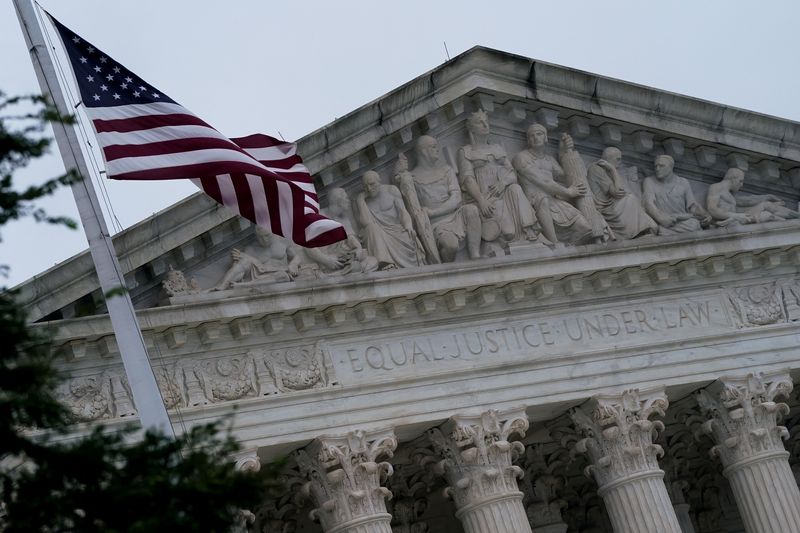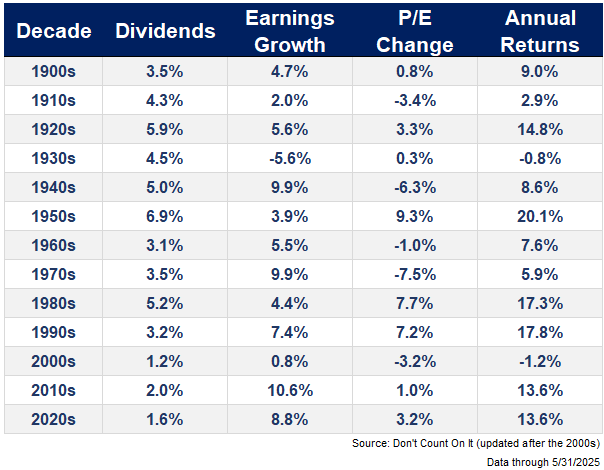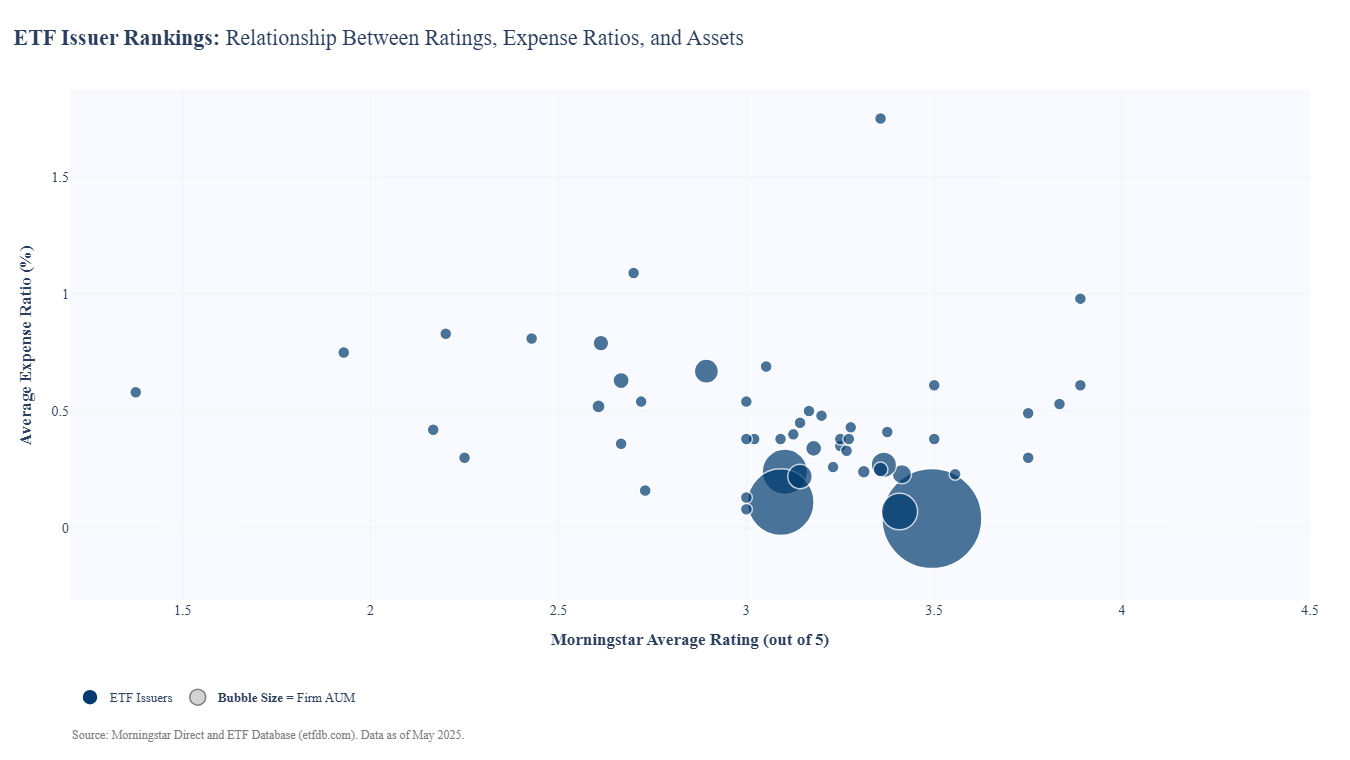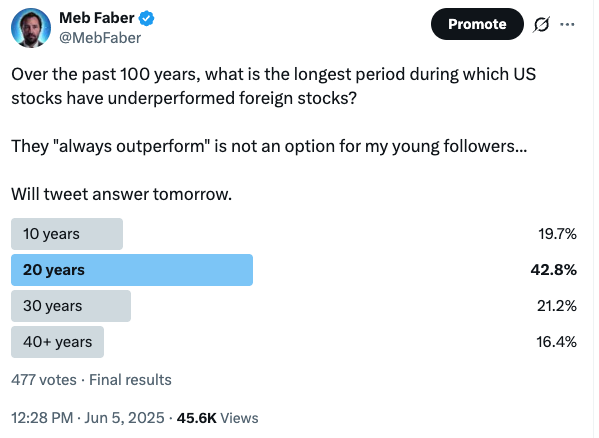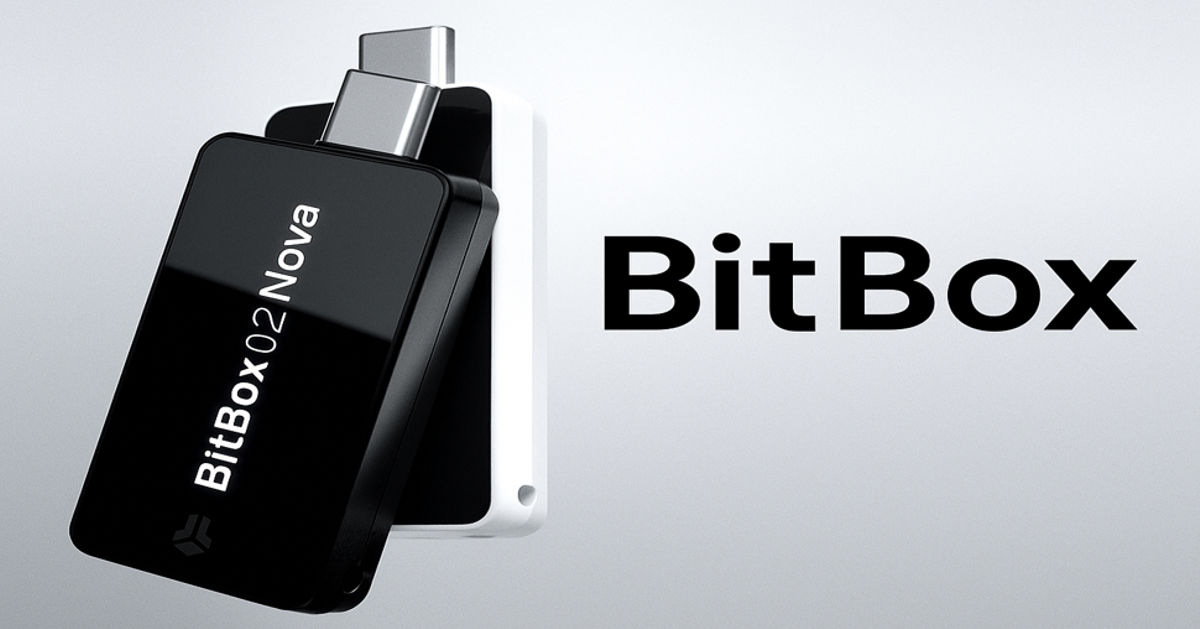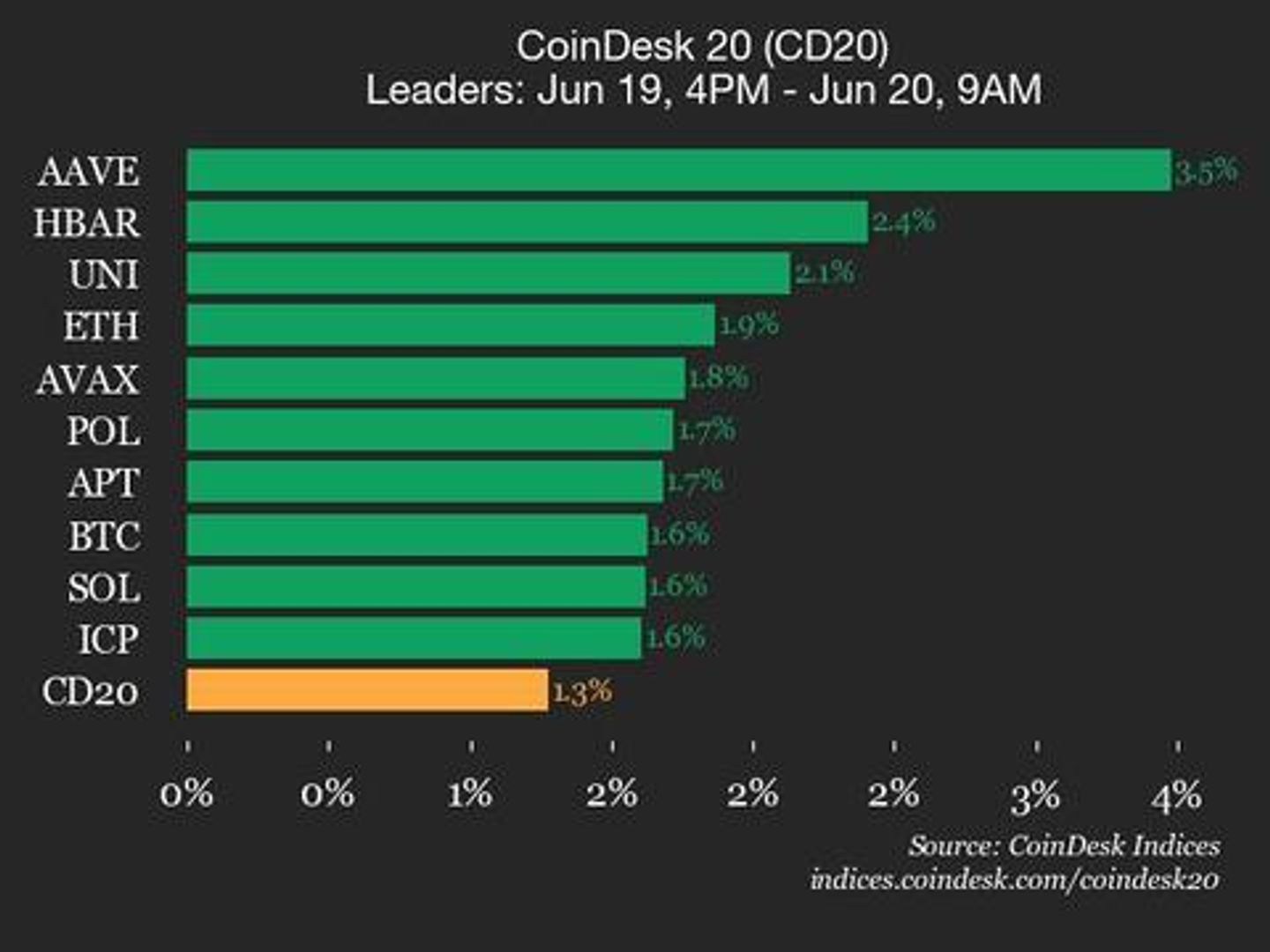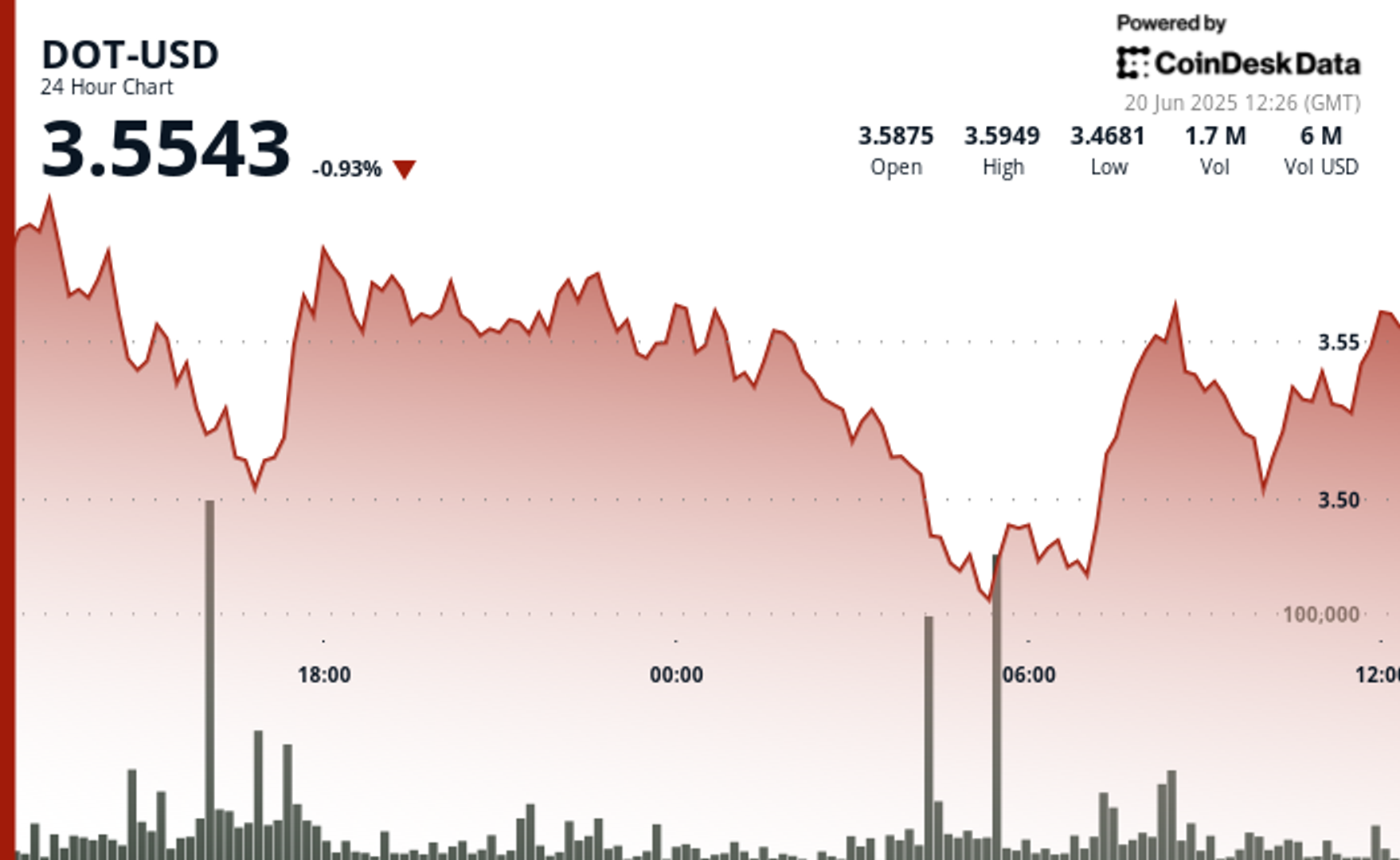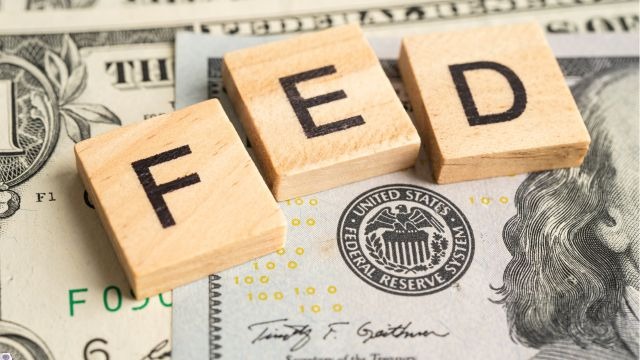I’m expecting $786 a month from Social Security and have heard 85% of that will be taxed. Is that right?
Many people spend years working, earning money, and paying taxes on that money. And one benefit you’re supposed to get after all of those years is the promise of Social Security in retirement. But come retirement, many seniors end up shocked when they find out that their Social Security benefits are taxable. And this […] The post I’m expecting $786 a month from Social Security and have heard 85% of that will be taxed. Is that right? appeared first on 24/7 Wall St..
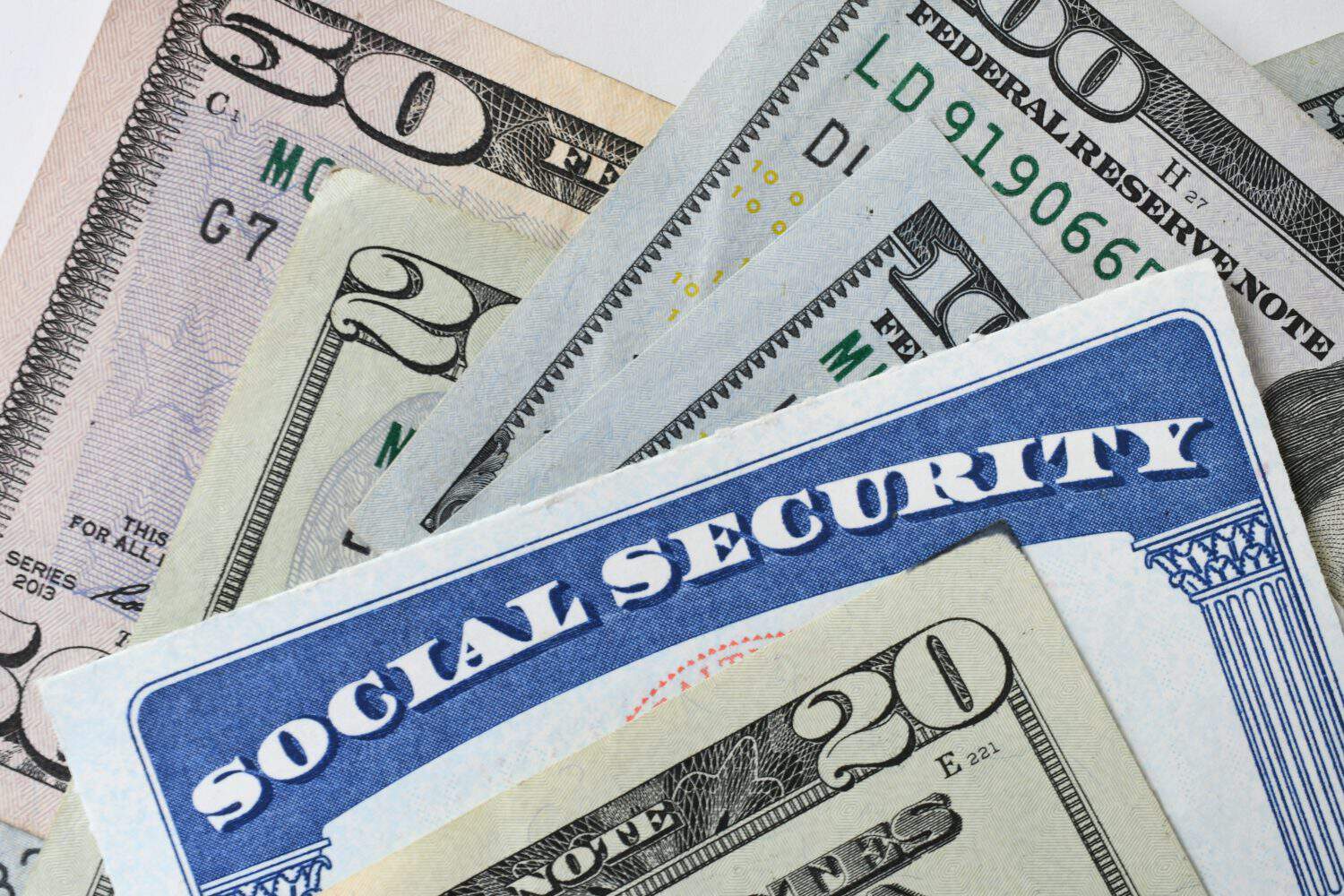
Key Points
-
Many seniors are shocked to learn that Social Security benefits are taxable.
-
Whether you’ll pay taxes on your benefits depends on your total income picture.
-
President Trump wants to do away with taxes on Social Security but has not been successful so far.
-
Are you ahead, or behind on retirement? SmartAsset’s free tool can match you with a financial advisor in minutes to help you answer that today. Each advisor has been carefully vetted, and must act in your best interests. Don’t waste another minute; get started by clicking here.(Sponsor)
Many people spend years working, earning money, and paying taxes on that money. And one benefit you’re supposed to get after all of those years is the promise of Social Security in retirement.
But come retirement, many seniors end up shocked when they find out that their Social Security benefits are taxable. And this Reddit poster is looking to avoid that shock by asking what to expect as far as taxes on benefits are concerned.
The situation
In this post, we have someone who’s a few months shy of turning 62. They’re expecting $786 a month in Social Security and are wondering how much of their benefits will be taxed. They also seem concerned about having 85% of their benefits taxed specifically.
That 85% isn’t a random number, actually. Some people do pay taxes on 85% of their Social Security benefits. Whether you’ll have to pay taxes on that large a percentage of your Social Security, or any percentage, will depend on your combined income.
What is combined income?
Combined income is a formula used to determine who pays taxes on Social Security benefits. It’s calculated as follows: adjusted gross income + 50% of your annual Social Security income + nontaxable income you receive during the year.
So let’s say you receive $2,000 a year in nontaxable interest, have an adjusted gross income of $20,000, and get $48,000 a year in Social Security. Your combined income would be: $2,000 + $20,000 + $24,000 for a total of $46,000.
If your combined income falls between $25,000 and $34,000, and you’re single, you can expect to be taxed on up to 50% of your Social Security benefits. If your combined income is more than $34,000 and you’re single, you could be taxed on up to 85% of your Social Security benefits.
These thresholds increase for married couples. If you’re married and your combined income falls between $32,000 and $44,000, you could be taxed on up to 50% of your Social Security benefits. Beyond $44,000, you risk taxes on up to 85% of your benefits.
If these thresholds sound really low, it’s because they are. The limits for combined income were established decades ago and have not been updated at all to account for inflation. As a result, a growing number of seniors are likely to owe taxes on their Social Security benefits year over year, since benefits are eligible for cost-of-living adjustments.
Plan for taxes on Social Security
The last thing you want in retirement is to end up in a situation where you’re facing taxes on your Social Security and are completely caught off guard as a result. So it’s a good idea to familiarize yourself with how combined income works.
That said, President Trump has made it very clear that he’s looking to do away with taxes on Social Security benefits. So far, he hasn’t made much progress, but there is a chance those taxes could become a thing of the past. Until then, it’s best to factor them into your retirement budget.
The post I’m expecting $786 a month from Social Security and have heard 85% of that will be taxed. Is that right? appeared first on 24/7 Wall St..








